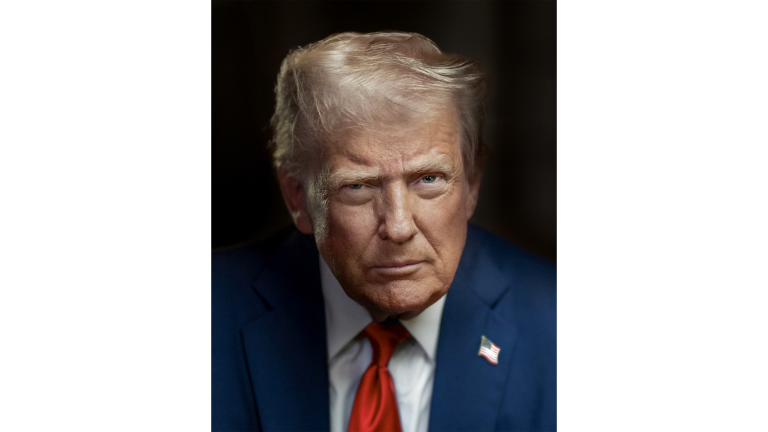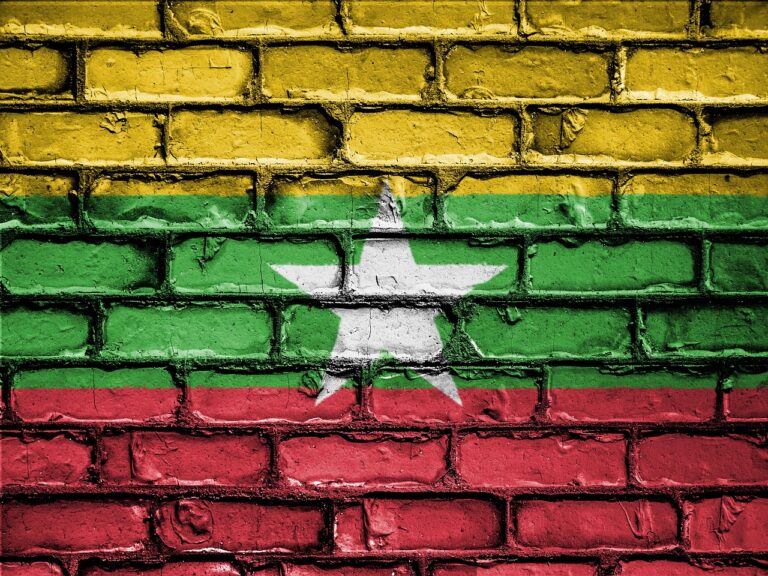
Photo courtesy"+ WHO
Washington: The 21 Asia Pacific Economic Cooperation (APEC) member economies are home to 3 billion people – nearly 40 per cent of the world’s population – and represent almost half of the global trade and more than 60 per cent of the world’s GDP.
As of 2022, fellow APEC members were the destination for more than 60 per cent of the United States of America’s goods exports, and seven of the top 10 overall trading partners for the United States are APEC members.
On Friday, November 17, Leaders from the 21 member economies agreed to the 2023 APEC Leaders’ Golden Gate Declaration which reflected the outcomes of the 2023 APEC Economic Leaders’ Meeting chaired by United States President Joseph R. Biden.
The Declaration was a consensus declaration to advance efforts to achieve APEC economies’ ambitious sustainability and inclusion objectives. It was issued alongside a companion Chair’s Statement, which reflected the Leaders’ discussion on Russia’s aggression in Ukraine and other geopolitical issues.
“We took full advantage of our 2023 APEC host year to deepen our economic ties with key regional partners and advance a more innovative, interconnected, and inclusive economic agenda for the region,” the US State Department spokesperson said today and elaborated: “Throughout our 2023 APEC host year, the United States worked with APEC economies to support sustainability through a focus on a just energy transition, build a Digital Pacific by advancing digital skills and connectivity, and promote resilience and inclusion by meeting the moment on trade and investment, gender equity, food security, anti-corruption, supply chains, and support for Micro, Small and Medium-Sized Enterprises.”
During APEC Economic Leaders’ Week and the APEC CEO Summit, the Biden-Harris Administration announced significant private sector investments and contributions from both the United States and across the region. In particular, the Administration spotlighted over $50 billion of investments from the US companies into APEC economies in 2023; these investments will further the integration of a Digital Pacific, foster broader economic participation, promote equality and inclusion, support the clean energy transition, shore up reliable supply chains, bolster regional health and cyber preparedness, and support small- and medium-sized businesses. Additionally, the Invest in America Event—hosted by The White House and Departments of Commerce and State—highlighted nearly $200 billion of investments into the United States from companies based in APEC economies since the start of the Biden-Harris Administration; these investments support tens of thousands of good jobs for American workers across clean energy, batteries, semiconductors, pharmaceuticals, and more. In fact, US exports to Asia-Pacific economies have increased 25 per cent compared to pre-pandemic levels, helping U.S. businesses expand and hire more workers.
APEC economies committed to taking joint actions to policy responses that addressed the concerns and aspirations of all people in the APEC region. The convening of APEC Economic Leaders in San Francisco on November 16-17, 2023, capped off a successful APEC host year for the United States, advancing its theme of “Creating a Resilient and Sustainable Future for All.”
US Secretary of State Antony J. Blinken and US Trade Representative Ambassador Katherine Tai joined their counterparts in issuing a consensus joint ministerial statement. The Statement was similarly issued alongside a companion Chair’s Statement. Treasury Secretary Janet Louise Yellen also hosted ministers from November 12-13 for the 2023 Finance Ministers’ Meeting.
In addition to the APEC Economic Leaders’ Meeting chaired by US President Joe Biden, APEC Economic Leaders’ Week included: the Finance Ministers’ Meeting, chaired by Treasury Secretary of the US, Yellen, November 12-13, and the APEC Ministerial Meeting co-chaired by Secretary Blinken and U.S. Trade Representative Ambassador Tai, November 14-15. It also included the APEC CEO Summit, which convened CEOs, entrepreneurs, thought leaders, and political leaders for discussions on global opportunities and challenges that are shaping economic, environmental, and societal trends in the region, as well as the APEC Business Advisory Council Annual Dialogue with Leaders, chaired by Vice President Harris.
President Biden, as APEC Chair, advanced a dynamic economic agenda, in line with the United States host year priorities of building a more interconnected, innovative, and inclusive APEC region. “Under President Biden, the United States will continue leading the global economy to drive inclusive economic growth which benefits American workers, families, and businesses, and delivers prosperity across the Asia-Pacific,” the State Department said.
Private sector partners across all APEC economies play a critical role in APEC’s goal of driving sustainable, inclusive, and dynamic economic growth throughout the region. APEC Economic Leaders’ Week, which convened nearly 3,000 senior government officials and global business leaders, featured extensive and substantial public-private collaboration, as a part of the APEC CEO Summit as well as the inaugural APEC Sustainable Future Forum and the APEC Business Advisory Council’s Annual Dialogue with Leaders.
Stakeholder Engagement
Throughout 2023, the US engaged with more than 5,000 domestic stakeholders from small and medium-sized enterprises, trade associations, chambers of commerce and industry, nonprofits, think tanks, academia, labour groups, advocacy groups, Indigenous Peoples, media, and members of the US Congress, state and local governments, and other elected officials through nearly 400 meetings, field trips, roundtables, panels, and briefings in the APEC host cities (Honolulu; Palm Springs; Detroit; Seattle; and San Francisco) and other parts of the United States (Los Angeles; New York; Pittsburgh; Atlanta; Rockville, Maryland; and Chicago).
Key Outcomes
The United States said it secured significant outcomes centred around the host-year priorities of sustainability and inclusion, digital innovation, and resilient and inclusive growth. The host year works according to America’s three cross-cutting policy agendas: the Manoa Agenda for Sustainable and Inclusive Economies; the Digital Pacific Agenda; and the Bay Area Agenda on Resilient and Inclusive Growth.
The Manoa Agenda for sustainable and inclusive economies
Through the Manoa Agenda, the United States committed to working with APEC economies to practically implement APEC’s sustainability and inclusion objectives, including supporting global efforts to address environmental challenges.
Digital Pacific Agenda
Through the Digital Pacific Agenda, the United States is committed to working with APEC economies to shape the rules, norms, and standards that govern the digital economy, expand secure digital access for consumers and businesses, and support the responsible design, development, and deployment of emerging digital technologies.
Bay Area Agenda on resilient and inclusive growth
Through the Bay Area Agenda, the United States is committed to working with APEC economies to ensure that the progress made in advancing long-term robust, innovative, and inclusive economic growth can endure unpredictable challenges they may encounter going forward.
– global bihari bureau





